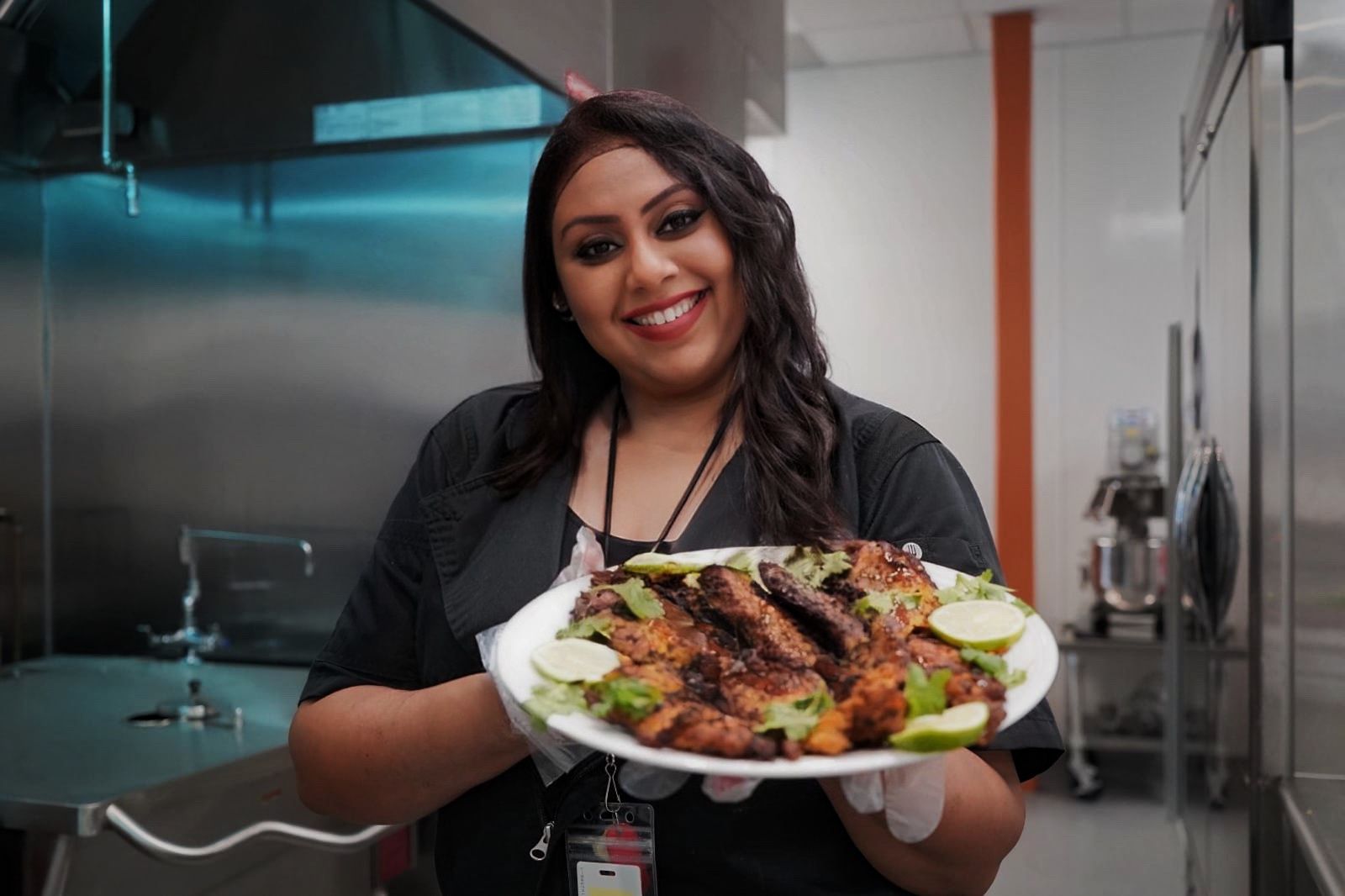About Us

Zayn Khalfan
Executive Chef / CEO
Mombasa Streets Eats We offer authentic Swahili foods with delicious flavors and aromas for the first time in Houston Texas.
The inspiration behind Mombasa Street Eats comes from my late mother. She had a unique perspective and love for all types of dishes. We have this unique concept of serving foods that will enrich culture and bring a special five star serving to every household where we can serve and introduce this unusual style of food (Swahili), which is a fusion of Indian, Meditereneanand and African flavors incorporated with some Persian Style of cooking
We are from Africa Kenya an island called Mombasa, which was why we chose the name “Mombasa Street Eats” for our food restaurant.
We are serving a variety of authentic Swahili foods for weddings, corporate events, and social events.
Our menu consists of a wide range of delicious and authentic Swahili food such as mouthwatering Swahili appetizers, rice dishes, curries, sides, and much more.
Come and enjoy!
What Is Swahili?
Swahili coast is a popular region for dishes with lots of flavors and cultural undertones.
Typically, the term "Swahili" refers to the language and culture of south-eastern Africa, which includes Kenya, Tanzania, Rwanda, and certain parts of South Africa. By the 11th century, AD, Swahili culture had become clear, and Islam had begun to spread.
The Swahilis are Muslims, and their religion is deeply ingrained in all facets of their culture, including the architecture, the clothing code (women wear modest but colorfully patterned kangas with matching headscarves), music, art, and, of course, food.
The Swahili Cuisine!
WaSwahili ("people of the coast") have a wide variety of cultural influences in everything they do, including the food they eat. So cultures all contributed to the development of Swahili cuisine. This results in a fusion of the foods from these mentioned nations in the diet of the Swahili Coast.
The flavors of Swahili cuisine are very diverse. They have incorporated elements of Portuguese and Arabic cuisine into their own, which results in dishes that are bursting with flavor, and aroma, and have a savory but spicy kick.
The primary sources of protein in Swahili food are fish, chicken, and goat, with vegetables serving as a staple. Additionally, rice is a common ingredient in most recipes and may be used in both savory and sweet dishes. "Wali Wa Nazi," which is rice eaten with coconut milk, is a well-known Swahili cuisine.
They also frequently use cooked dough, but it is primarily made of potatoes and manioc or sometimes combined with plantains.
“Swahili cuisine has a cozy and alluring quality that reflects the region's indigenous spices.”
Peper, ginger, and lemon grass are just a few of the spices that the Swahili cuisine is renowned for using in its dishes. Their food is usually marinated with a lot of garlic, ginger, turmeric, onion, and black pepper. As a result, the cuisine is both delicious and filling.
Due to the fact that the vast majority of Swahili people practice Islam, it is prohibited to eat pork and drink alcohol.
As an added bonus, Swahili food isn't like other typical cuisines. It differs from traditional cooking in that it frequently favors slow-cooked meals, particularly when grilling. In addition, most foods in Swahili culture use curries rather than the more common grains.

